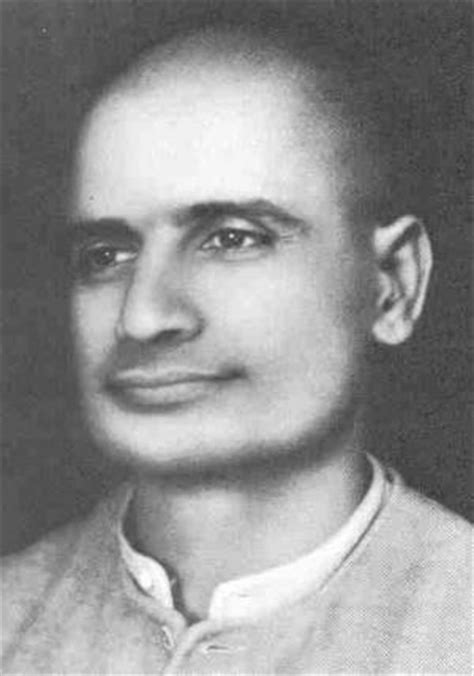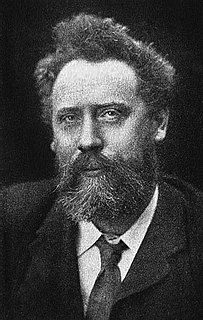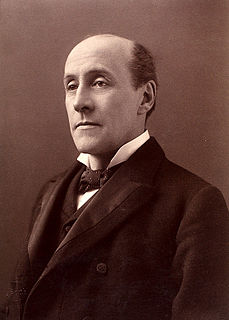A Quote by Friedrich Nietzsche
Related Quotes
Love is never any better than the lover. Wicked people love wickedly, violent people love violently, weak people love weakly, stupid people love stupidly, but the love a free man is never safe. There is no gift for the beloved. the lover alone possesses his gift of love. The loved one is shorn, neutralized, frozen in the glance of the lover’s inward eyes.
The people who know God well - the mystics, the hermits, those who risk everything to find God - always meet a lover, not a dictator. God is never found to be an abusive father or a tyrannical mother, but always a lover who is more than we dared hope for. How different than the "account manager" that most people seem to worship. God is a lover who receives and forgives everything.
Love, which is lust, is the Lamp in the Tomb.
Love, which is lust, is the Call from the Gloom.
Love, which is lust, is the Main of Desire.
Love, which is lust, is the Centric Fire.
So man and woman will keep their trust,
Till the very Springs of the Sea run dust.
Yea, each with the other will lose and win,
Till the very Sides of the Grave fall in.
For the strife of Love's the abysmal strife,
And the word of Love is the Word of Life.
And they that go with the Word unsaid,
Though they seem of the living, are damned and dead.
There can be no sexual love without lust; but, on the other hand, until the currents of lust in the organism have been irradiatedas to affect other parts of the psychic organism--at the least the affections and the social feelings--it is not yet sexual love. Lust, the specific sexual impulse, is indeed the primary and essential element in this synthesis, for it alone is adequate to the end of reproduction, not only in animals but in men. But it is not until lust is expanded and irradiated that it develops into the exquisite and enthralling flower of love.
There's a difference between lust and passionate love. Lust can't just creep in. You'll not find it where true love exists, but it has power enough to shatter the world you've worked so hard to create with love, and sometimes, it suddenly changes how you perceived love to begin with. Love then doesn't live there anymore.
The curt truth is that, in a deep secret way, the state of being beloved is intolerable to many. The beloved fears and hates the lover, and with the best of reasons. For the lover is forever trying to strip bare his beloved. The lover craves any possible relation with the beloved, even if this experience can cause him only pain.










































